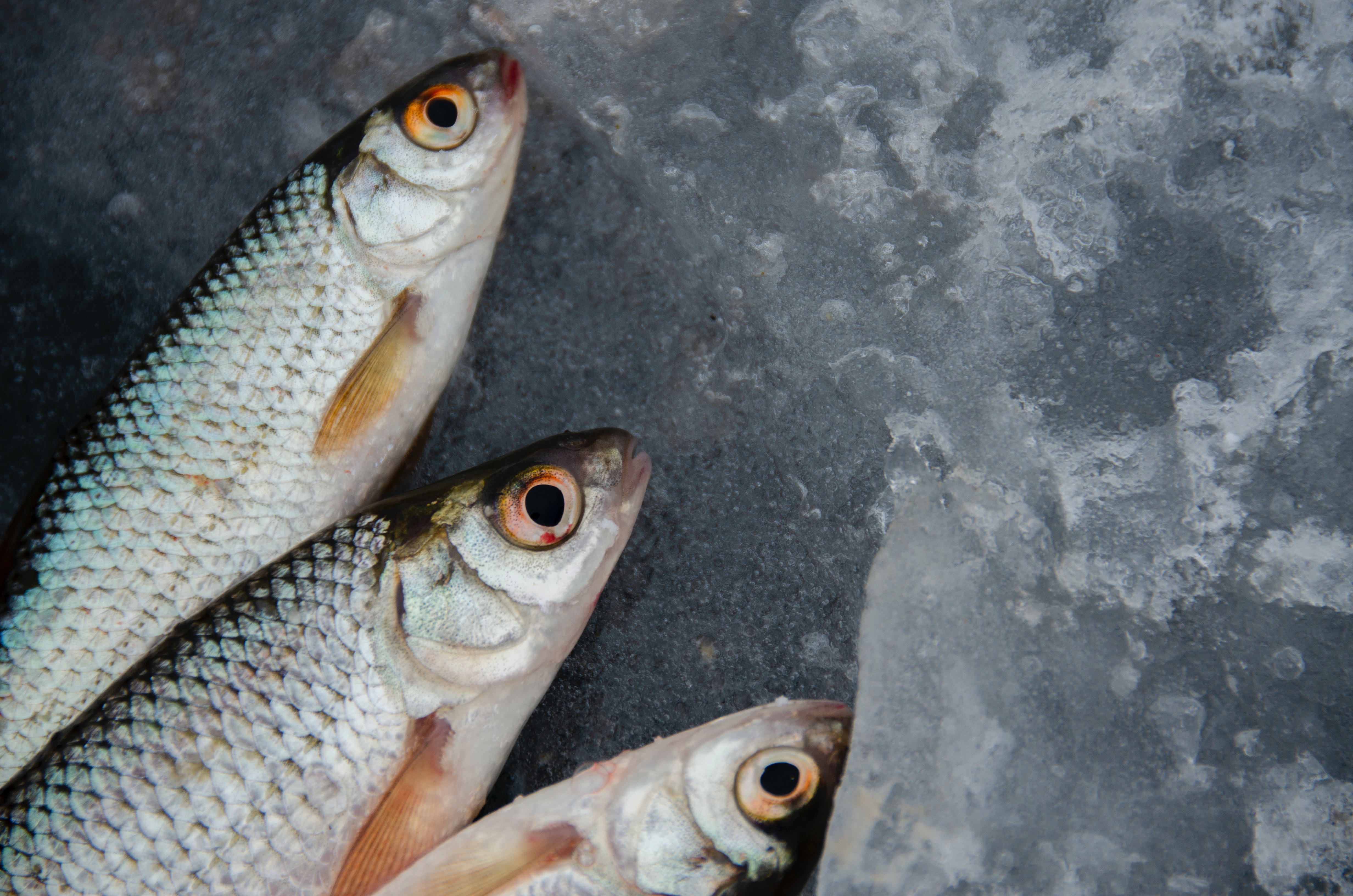Use Of Cheese Instead Of Fish By A Contestant On MasterChef Sparked Outrage Among Viewers!
Use of cheese instead of fish by a contestant on MasterChef sparked outrage among viewers! A recent episode of MasterChef India has stirred up controversy among viewers, with some expressing outrage over the judges allowing a vegetarian contestant to use cheese instead of fish in a competition round.
Author:Raven NoirReviewer:Morgan MaverickFeb 22, 202324 Shares761 Views

Use of cheese instead of fish by a contestant on MasterChef sparked outrage among viewers!A recent episode of MasterChef India has stirred up controversy among viewers, with some expressing outrage over the judges allowing a vegetarian contestant to use cheese instead of fish in a competition round.
What Happened?
The contestant in question, Aruna Vijay, is not only a vegetarian but also comes from the Jain community, which adheres to a strictly plant-based diet. In a previous episode, Vijay had objected to cooking with eggs, which led to her being allowed to use cheese instead of fish in the current round.
While some viewers praised Vijay for sticking to her principles and not compromising her beliefs, others felt that she was given an unfair advantage and should have competed in a vegetarian-only season. One viewer on social media wrote, "If you have made an attempt to compete in MasterChef, you should be ready to cook with everything."
This sentiment raises an important question: should cooking competitions be limited to only certain dietary preferences or restrictions?
On the one hand, it can be argued that cooking competitions should be inclusive of all dietary preferences and restrictions, as it reflects the diverse range of cuisines and cultures around the world. Limiting competitions to only certain diets, could potentially exclude talented chefs and limit the variety of dishes and techniques showcased on the program.
On the other hand, it can also be argued that cooking competitions should be sensitive to the beliefs and values of contestants. For example, if a chef adheres to a plant-based diet, they may feel uncomfortable and even morally conflicted about having to handle and cook meat or seafood.
It is worth noting that many cooking competitions already make accommodations for different dietary preferences and restrictions. For example, MasterChef UK has had several vegetarian and vegan contestants in past seasons and has allowed substitutions or modifications for contestants with dietary restrictions.
In the case of Aruna Vijay, it is understandable that she may not feel comfortable cooking with certain ingredients due to her personal beliefs and background. However, it is also understandable why some viewers may feel that allowing her to use cheese instead of fish gave her an unfair advantage, as it changes the nature of the competition.
Perhaps the solution is to have separate rounds or challenges that cater to different dietary preferences or restrictions. For example, a round could be dedicated solely to vegetarian or vegan cuisine, or there could be a challenge focused on cooking with halal or kosher ingredients.
Despite the backlash, there were also many viewers who defended the judge's decision to allow Aruna Vijay to use paneer instead of fish. Some argued that accommodating her dietary restrictions was simply respectful and inclusive and that it did not give her an unfair advantage. Others pointed out that MasterChef is a cooking competition, and that it is ultimately about skill and creativity, rather than specific ingredients or dietary preferences.
It remains to be seen whether the controversy will have any lasting impact on the show or its viewership, but it certainly highlights the ongoing debate around plant-based diets and the challenges they can pose in a world where meat and fish are still often seen as the default options in cooking and dining.
Conclusion
Ultimately, cooking competitions should aim to showcase the talent, creativity, and diversity of chefs from all backgrounds, while also being respectful and accommodating to different dietary beliefs and preferences. Finding the right balance may be difficult, but it is important to strive for inclusivity and sensitivity in all aspects of the culinary world.
Jump to

Raven Noir
Author
Raven Noir is a captivating and enigmatic news reporter who unravels mysteries with a relentless pursuit of truth. Possessing an insatiable curiosity and an astute mind, Raven delves into the depths of complex stories, unearthing secrets that lie beneath the surface. With a masterful grasp of deduction and observation, Raven stands as a beacon of fearless investigation.
In the realm of journalism, Raven is known for his enigmatic presence, drawing people in with an aura of intrigue. Driven by an unwavering passion for unveiling the truth, Raven Noir continues to shed light on the darkest corners of society. Through captivating storytelling and unwavering determination, he challenges conventions and uncovers enigmatic secrets that lie just beyond the surface.

Morgan Maverick
Reviewer
Morgan Maverick is an unorthodox news reporter driven by an insatiable hunger for the truth. Fearless and unconventional, he uncovers hidden narratives that lie beneath the surface, transforming each news piece into a masterpiece of gritty authenticity. With a dedication that goes beyond the boundaries of conventional journalism, Morgan fearlessly explores the fringes of society, giving voice to the marginalized and shedding light on the darkest corners.
His raw and unfiltered reporting style challenges established norms, capturing the essence of humanity in its rawest form. Morgan Maverick stands as a beacon of truth, fearlessly pushing boundaries and inspiring others to question, dig deeper, and recognize the transformative power of journalism.
Latest Articles
Popular Articles